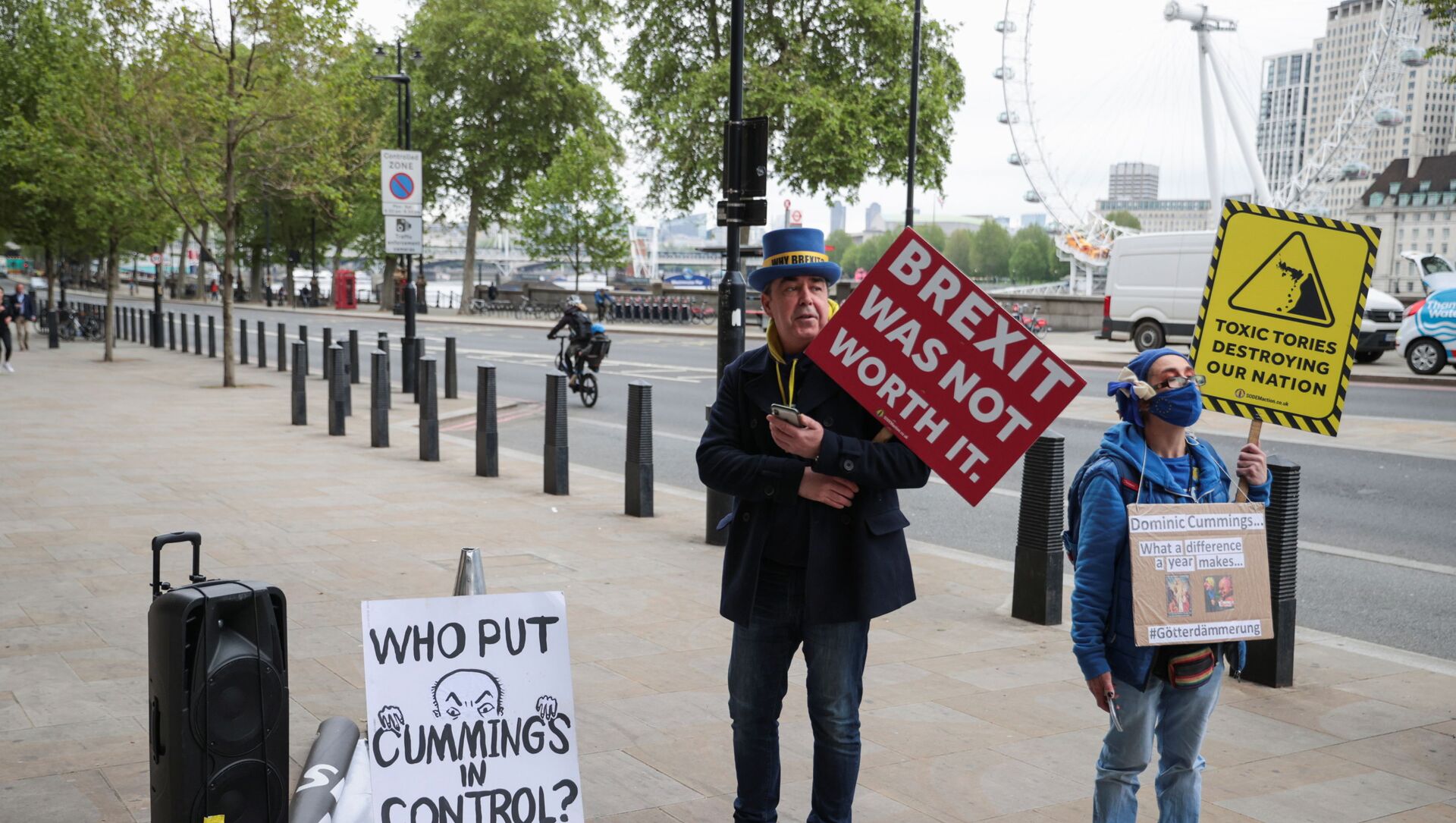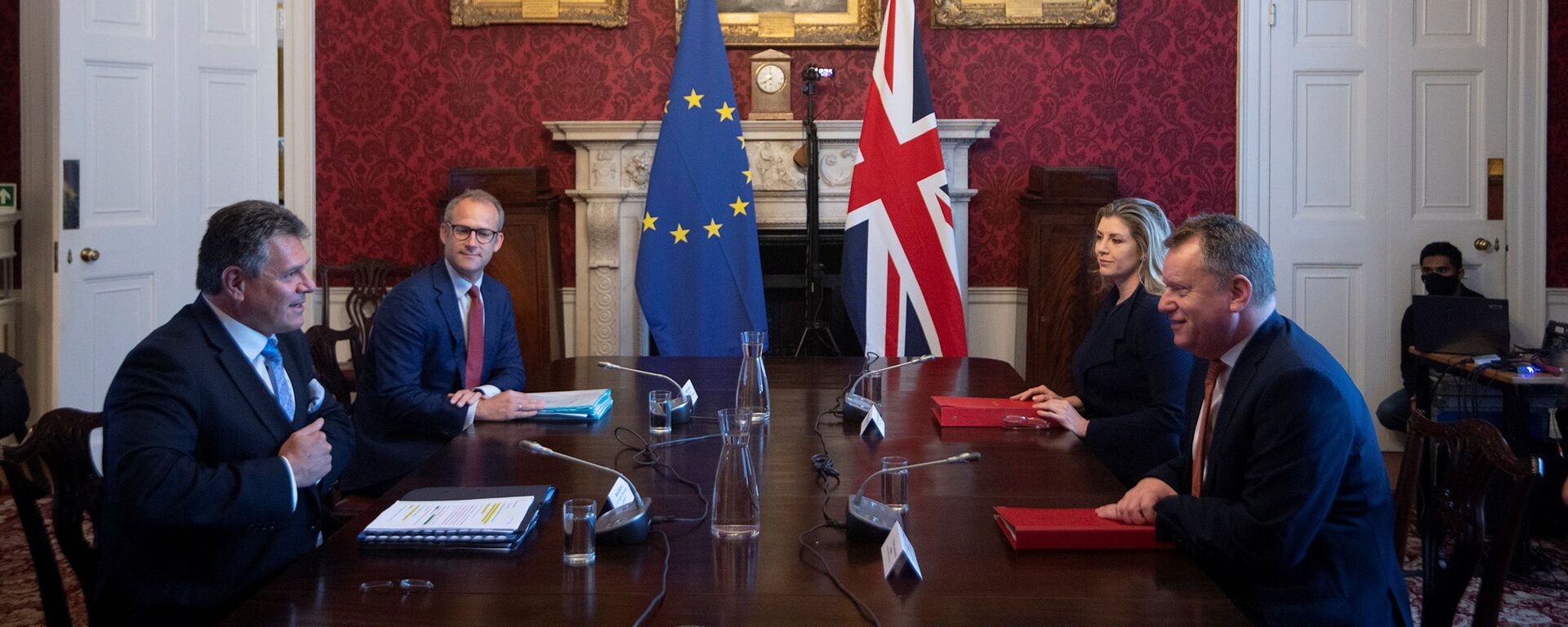The leader of the 2016 Brexit Remain campaign has admitted it resorted to "project fear" tactics in its failed bid to keep the UK in the European Union (EU).
Interviewed by ITV News Business and Economics Editor Joel Hills on Thursday, former Britain Stronger in Europe chairman Baron Stuart Rose admitted the campaign was "a bit cack-handed in retrospect".
"People saying that we’ve really got to hit people on the financials," Rose said. "The argument has got to be about finances and ‘it’s the economy, stupid,’ going back to the Bill Clinton days or whatever it was. And I think that was a big mistake."
Rose, who headed retail giant Marks & Spencer as CEO and executive chairman from 2004 to 2011, admitted the campaign misread public opinion about the bloc that had morphed from a common market to a nascent federal super-state.
"It was quite clear that immigration was a big issue. It was quite clear that getting your kids into school was a big issue. It was quite clear that getting a house and into housing was a big issue. It was quite clear that access to the NHS was a big issue," he added. "And I don’t think people really took it seriously about ‘Oh, well. You are going to be worse off’.”
The peer claimed he was never keen to take the job of chairing the campaign, which included former EU commissioner Peter Mandelson, broadcaster Trevor Phillips, Green Party leader Caroline Lucas, former Trades Union Congress general-secretary Brendan Barber and a host of business leaders — but finally accepted because they were "desperate" and persuaded him it was his "duty".
Rose was later relegated to a back-seat role in the Remain campaign after he told a Parliamentary select committee in March 2016 that wages would rise if Britain left the EU. The next month he claimed he had been "misquoted" and had meant to say the opposite.
"I wouldn't have done it that way," Rose insisted, "but I had absolutely no control or input about what was being said... I never had contact with the prime minister or George Osborne or any of the senior government ministers."
"These were attempts to terrify people into sticking with what they knew," Hills charged.
"It was a bit cack-handed in retrospect". Rose admitted. "It didn't feel very comfortable at the time."
Hills also recalled the governments' dire warnings that a Leave vote would "trigger an immediate recession, a surge in unemployment, a slump in house prices," adding with understatement: "There was an element of 'project fear'."
"Yes there was," Rose admitted, "But it didn't work".
Cameron resigned in the wake of the nation's decision to walk away from the EU by a vote of 17.4 million to 16.1 million. His successor Theresa May's attempt to slow-walk and water-down Brexit saw her forced out as party leader in July 2019, to be replaced by current Prime Minister Boris Johnson — who won a landslide victory in that December's election on the slogan of "Get Brexit Done".



